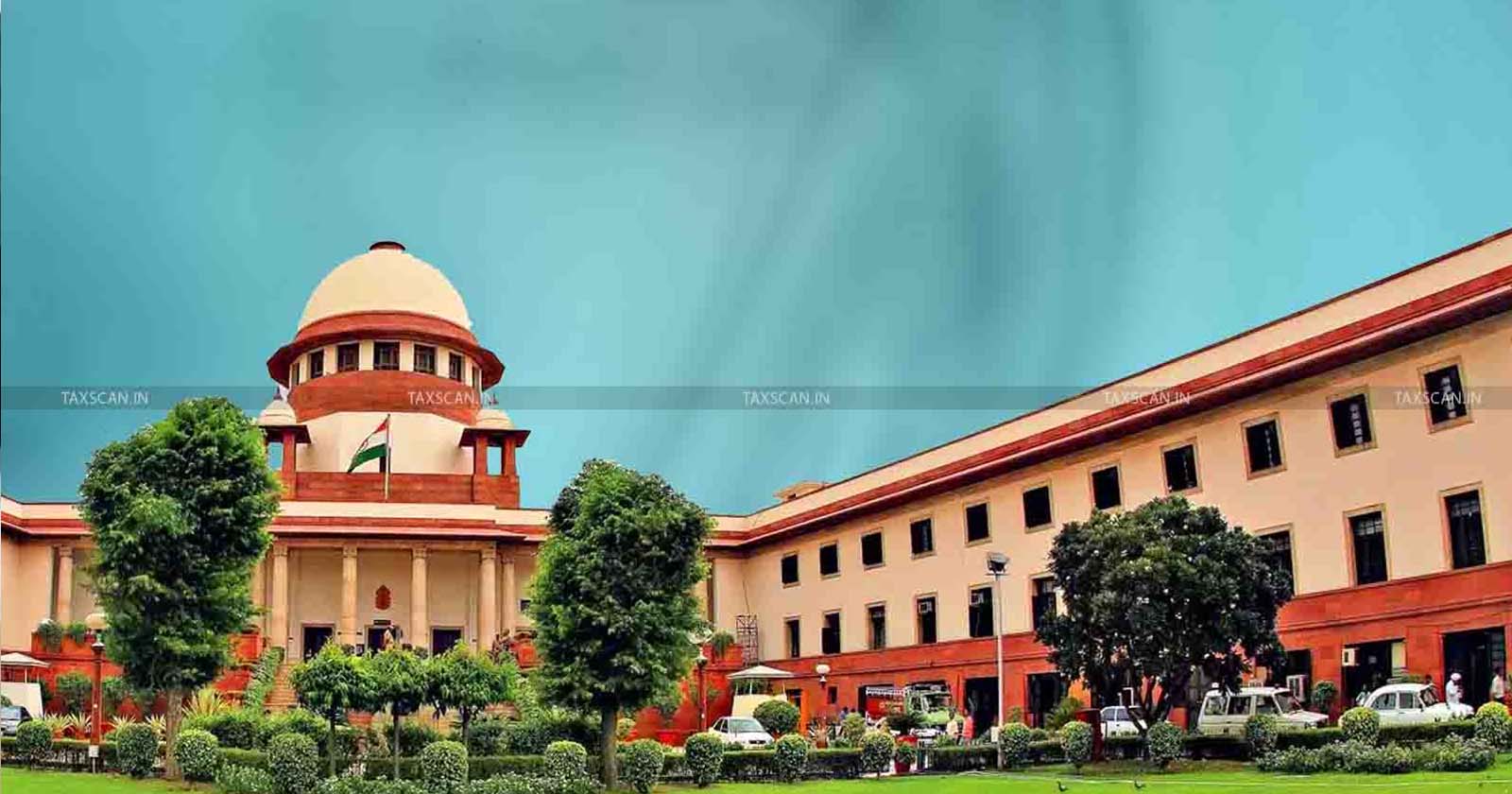NCLT must pass Reasoned Order for Rejection of Resolution Plan u/s 31(2) of IBC: Supreme Court [Read Order]
The Supreme Court rules that reasoned decision should be passed by NCLT for rejection of resolution plan

Supreme Court – NCLT – Resolution Plan – IBC – taxscan
Supreme Court – NCLT – Resolution Plan – IBC – taxscan
In a significant ruling the Supreme Court of India observed that the National Company Law Tribunal (NCLT) must pass reasoned order for rejection of resolution plan under Section 31(2) of the Insolvency and Bankruptcy Code, 2016 (IBC).
The petitioner in the present matter is Ramkrishna Forgings Limited. ACIL is a manufacturer of precision engineering and automobile components. In terms of the Resolution Plan, for which approval was being sought, ACIL would be allowed the benefit of carrying forward its losses in terms of Section 796 of the Income Tax Act, 1961.
This ultimately resulted in the order dated 01.09.2021, by which the approval of the Resolution Plan was kept in abeyance and the OL was directed to provide exact figures/value of assets. The same was carried in appeal under Section 61 of the Code by the present appellant before the NCLAT which passed the Impugned Judgment on 19.01.2022, dismissing the appeal, thereby upholding the order of the NCLT, which is impugned herein.
A Two-Judge Bench comprising Justice Vikram Nath and Justice Ahsanuddin Amanullah obserevd that “It is worthwhile to note that the Adjudicating Authority has jurisdiction only under Section 31(2) of the Code, which gives power not to approve only when the Resolution Plan does not meet the requirement laid down under Section 31(1) of the Code, for which a reasoned order is required to be passed. We may state that the NCLT’s jurisdiction and powers as the Adjudicating Authority under the Code, flow only from the Code and the Regulations thereunder.”
The Court also noted that “It also cannot be lost sight of that it is for the FC(s) who constitute the CoC to take a call, one way or the other. Stricto sensu, it is now well-settled that it is well within the CoC’s domain as to how to deal with the entire debt of the Corporate Debtor.”
To Read the full text of the Order CLICK HERE
Support our journalism by subscribing to Taxscan premium. Follow us on Telegram for quick updates


